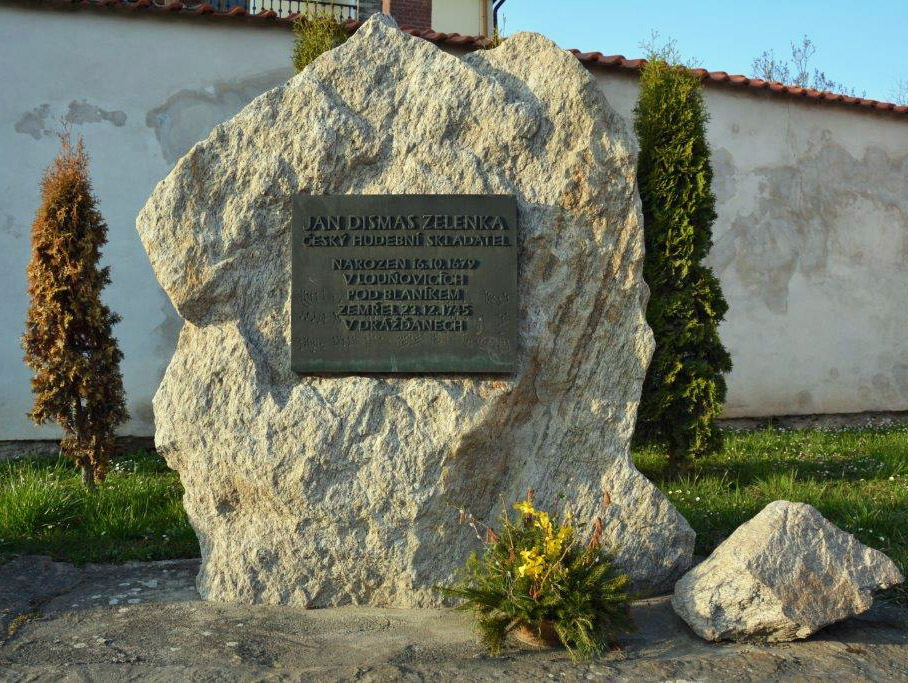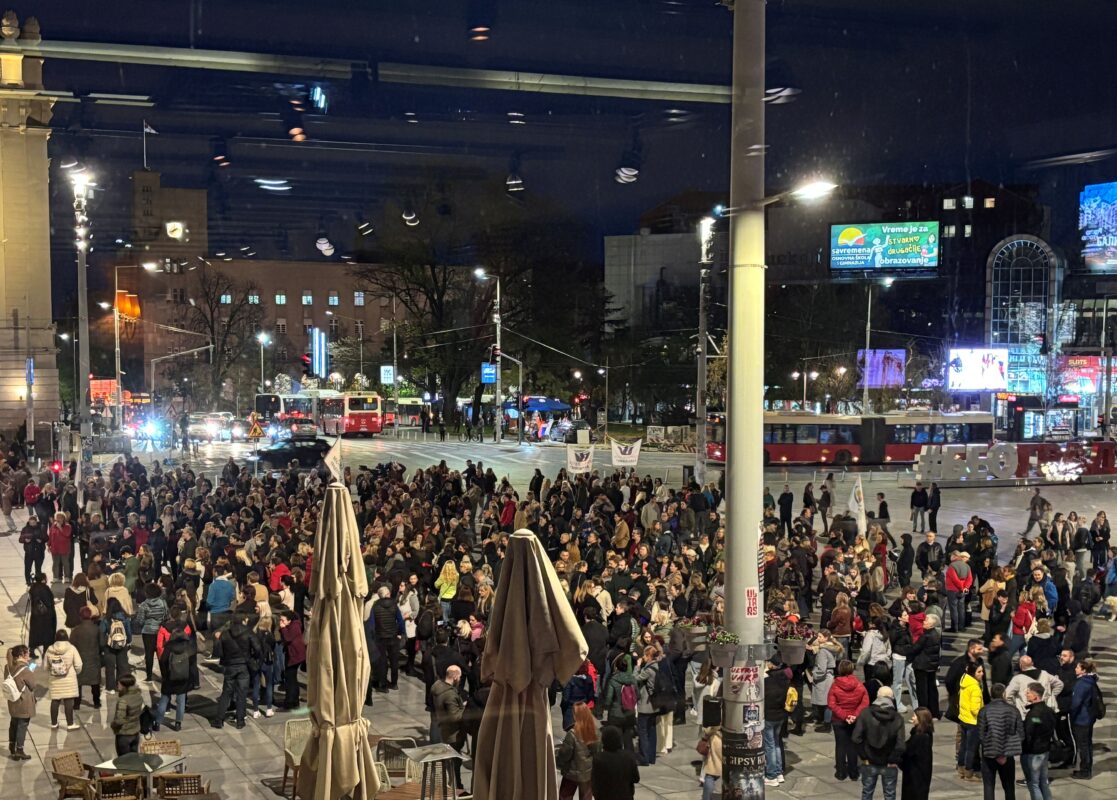On the trail of the "flush master"
A conference on the Bohemian composer Jan Dismas Zelenka (1679-1745) took place as part of the 40th Early Music Festival Zurich. The event at the Institute of Musicology at the University of Zurich was conceived and led by Esma Cerkovnik.

Under the title You highly praised, perfect virtuoso: Jan Dismas Zelenka and his time offered the Meeting on March 16 Insights, classifications and new aspects to the many unanswered questions surrounding Zelenka's life and work: Who was this composer who gave himself the nickname of the "penitent thief", Dismas? What musical developments did Zelenka, who was highly esteemed by his contemporary Johann Sebastian Bach, bring to Dresden? In six lectures, social history, the history of ideas, music theory and performance practice were traced.
In her introduction, Esma Cerkovnik (Zurich) shed light on the topos of virtuosity based on a poem of praise by Johann Gottlob Kittel, a contemporary of the composer, who described Zelenka as a "consummate virtuoso" in the "Wettstreit der Music". Jóhannes Ágústsson (Reykjavík) then presented new sources on Zelenka's early years in Dresden, with a particular focus on Jesuit contexts. Thomas Hochradner (Salzburg) critically assessed the significance of Zelenka's apprenticeship with Johann Joseph Fux. He took previous research, namely the studies of Friedrich Wilhelm Riedel and Wolfgang Horn, as a starting point for a new weighting of the known written evidence. Václav Kapsa (Prague) presented the composer's Bohemian networks, focusing on the musical exchange between Prague and Dresden - both of Zelenka's places of activity - in addition to Czech elements in his music.
Angelika Moths (Zurich) presented music-theoretical considerations in Zelenka's oeuvre. Against the background of Johann David Heinichen's basso continuo treatises, she emphasized the composer's innovative harmonies. Laurenz Lütteken (Zurich) examined the overture Hipocondria from the perspective of the history of ideas. Contemporary definitions of hypochondria and insights into Athanasius Kircher's philosophy of music offered new aspects of Zelenka's understanding of music in this work. Finally, the organist and conductor Adam Viktora (Prague) reported on the references to ecclesiastical contexts with a view to the reception of Zelenka at the time of the socialist Czechoslovak Republic and presented practical performance considerations on Zelenka's music.
The speakers at the conference brought the "ausbündigen Meister" to life as a multifaceted figure in the musical culture of his time and provided plenty of food for thought for future music research in their contributions and the subsequent discussions.








